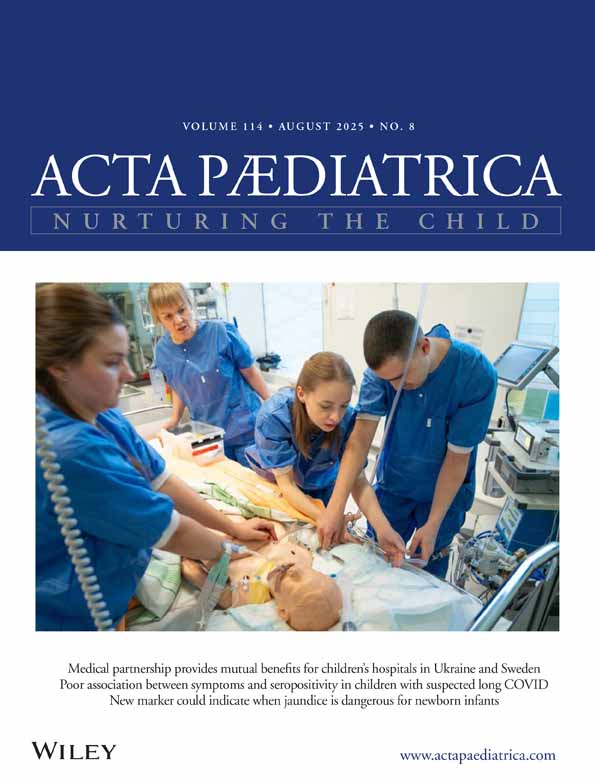Short-Term Effect of Low and High Protein Intake on Renal Function in Children with Renal Disease
Abstract
ABSTRACT. The short-term effect of different levels of protein intake on renal function was investigated in 18 children with moderately (51–85 ml/min/1.73 m2 BSA) or severely (9–50 ml/min/1.73 m2 BSA) reduced glomerular filtration rates (GFR). The GFR and effective renal plasma flow (ERPF), estimated as the clearances of respectively inulin and para-aminohippuric acid during uncontrolled (2-2.5 g/kg bw), low (1.2 g/kg bw for 12 days) and high (3–5 g/kg bw for 24 h) protein intake were determined by a standard clearance method employing continuous infusion and spontaneous voiding. There were no significant differences in GFR or ERPF during uncontrolled and low protein intake. During high protein intake the GFR and ERPF increased significantly in patients with GFRs above 50 ml/min/1.73 m2 BSA and ERPFs above 150 ml/min/1.73 m2 BSA. It is concluded that these findings might indicate a functional reserve capacity in children with only moderately reduced renal function.




